
Vibrant Yopougon: The Heartbeat of Abidjan
Yopougon, often dubbed 'Yop City,' is the most populous and lively district in Abidjan, Côte d'Ivoire. This dynamic neighborhood is known for its pulsating nightlife, rich cultural heritage, and warm, welcoming locals. Whether you're a fan of music, food, or simply soaking in the local atmosphere, Yopougon offers an authentic Ivorian experience that is hard to match. The streets of Yopougon come alive at night with a plethora of maquis (open-air restaurants and bars) that serve delicious Ivorian cuisine and refreshing drinks. Here, you can savor local dishes like attiéké (cassava couscous) and grilled fish while enjoying live music performances ranging from traditional African rhythms to modern Ivorian pop. By day, Yopougon reveals a different side of itself with bustling markets, colorful street art, and friendly vendors. It’s a great place to shop for local crafts, textiles, and souvenirs. The neighborhood is also home to several cultural centers and historic landmarks that offer insights into the rich history and traditions of Côte d'Ivoire. Yopougon’s unique blend of modernity and tradition, coupled with its vibrant community spirit, makes it a must-visit destination for any traveler seeking to experience the true essence of Abidjan.
Local tips in Yopougon
- Visit in the evening to experience the lively nightlife and enjoy local music performances at the maquis.
- Try the local dish attiéké with grilled fish for an authentic Ivorian meal.
- Take a stroll through the local markets during the day for unique souvenirs and crafts.
- Engage with the locals; they are friendly and often eager to share stories about their culture and traditions.
Iconic landmarks you can’t miss
Marché Sicogi
Experience the vibrant heart of Yopougon at Marché Sicogi, Abidjan – a bustling marketplace brimming with local culture and commerce.
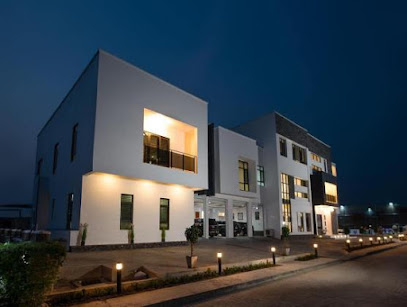
Yopougon
Experience the vibrant culture and lively atmosphere of Yopougon, Abidjan's most populous and dynamic district.

Coconut Grove Lodge
Escape to Coconut Grove Lodge on Île Boulay: a tranquil island retreat with stunning lagoon views, delicious cuisine, and adventure activities.
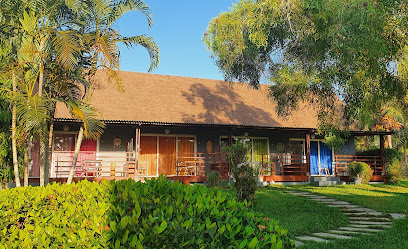
Ancien Bel Air
Experience the heart of Yopougon's community spirit at Ancien Bel Air, a vibrant center for culture, connection, and authentic Abidjan life.
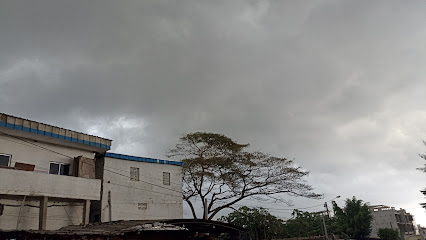
Sanctuaire Marial
Discover serenity and spiritual solace at Abidjan's Sanctuaire Marial, a cultural landmark and pilgrimage site dedicated to the Virgin Mary.
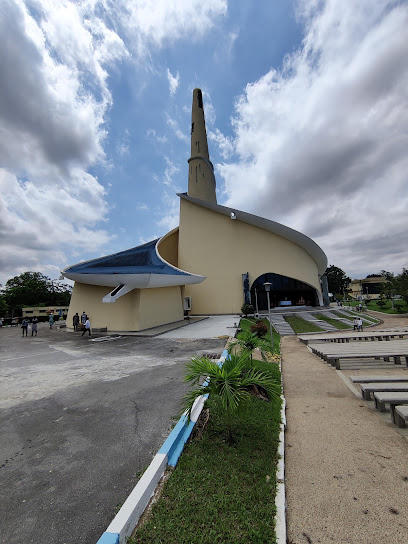
International Club & Paintball Park
Experience Abidjan's ultimate adventure hub: paintball, sports, and relaxation in a lush green setting. Perfect for families and thrill-seekers!
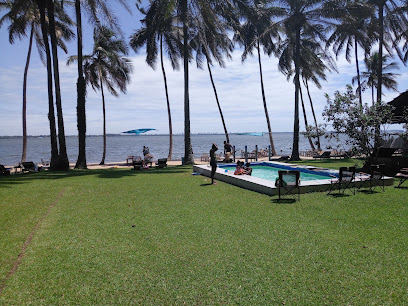
Memorial
Discover Abidjan's Memorial in Cocody: a serene landmark honoring Côte d'Ivoire's history, culture, and the resilience of its people.
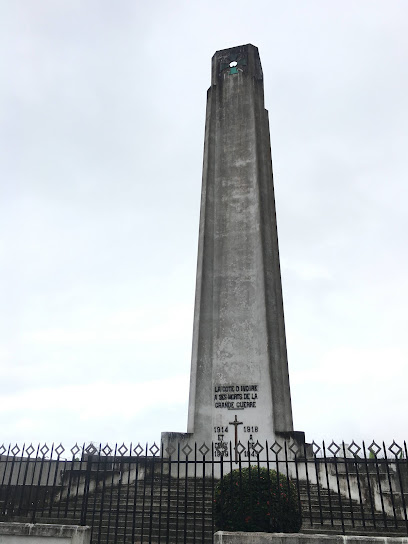
Monument de Mandela
A tribute to Nelson Mandela in the heart of Abidjan, promoting peace, unity, and dialogue for a better Africa.
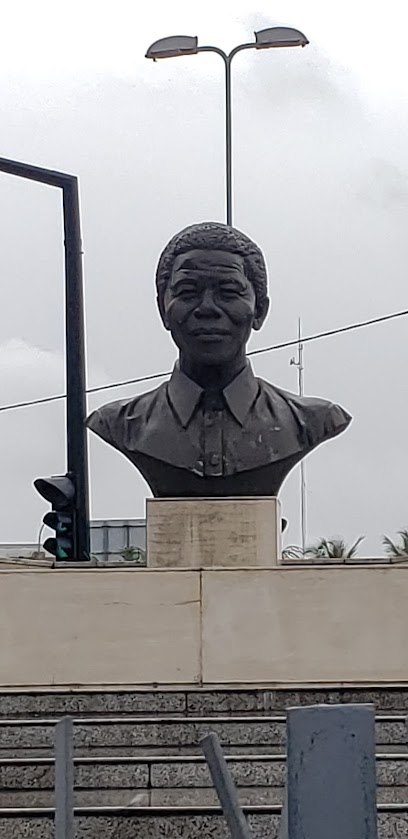
Unmissable attractions to see
Zoo d'Abidjan
Discover the vibrant wildlife and conservation efforts at Zoo d'Abidjan, a must-visit destination for animal lovers in Ivory Coast.
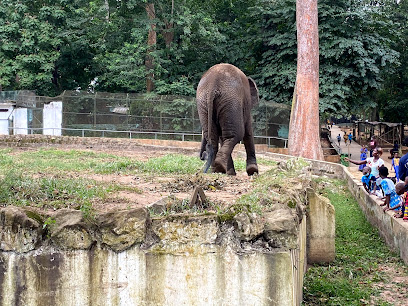
Musée des Civilisations de Côte d'Ivoire
Explore the artistic and cultural heritage of Côte d'Ivoire at the Musée des Civilisations, a must-visit destination for every traveler in Abidjan.
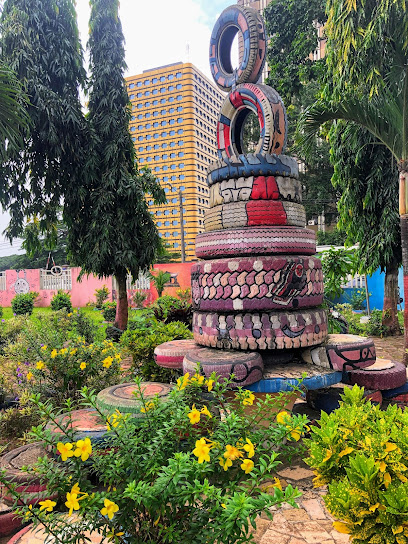
International Club & Paintball Park
Discover the thrill of paintball in the heart of Abidjan at the International Club & Paintball Park - an adventure hub for all ages.
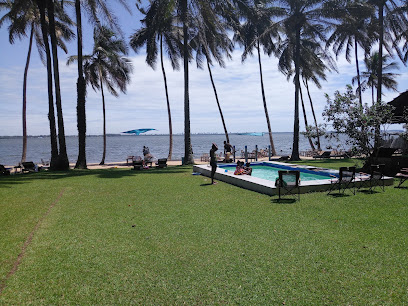
Autoroute du nord
Discover the scenic beauty and cultural richness along Autoroute du Nord in Abidjan, a journey through the heart of Côte d'Ivoire.
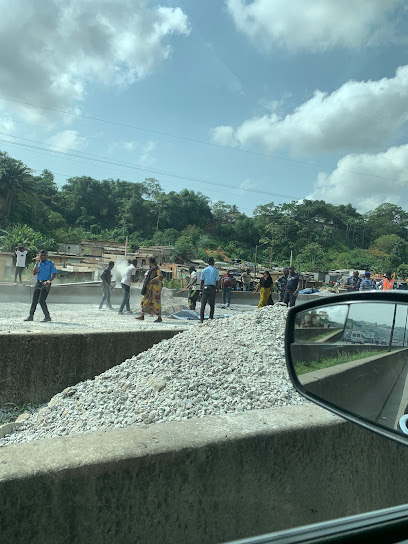
Yamoussoukro
Discover Yamoussoukro, Côte d'Ivoire's capital, a city of grand architecture, tranquil lakes, and a unique blend of history and modernity.

Au Feu
Experience the vibrant flavors and culture of Côte d'Ivoire at Au Feu, a delightful tourist attraction in Abidjan's Yopougon district.

Parc d'attractions Yopougon Cosmos
Experience the excitement of Parc d'attractions Yopougon Cosmos in Abidjan, where thrilling rides and family fun await every visitor.
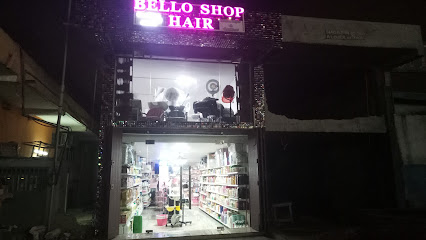
O fun
Explore the vibrant culture and entertainment at O Fun, a must-visit attraction in Abidjan, where excitement meets relaxation.
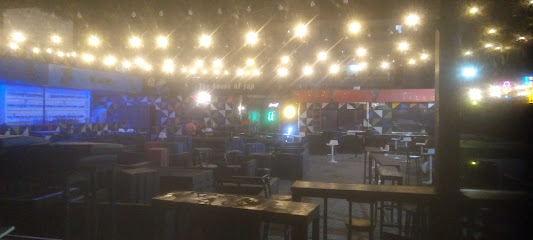
Bordure de lagune
Discover the scenic beauty and cultural richness of Bordure de Lagune, a tranquil lakeside attraction in Abidjan, perfect for relaxation and exploration.

Lokoa
Explore Lokoa in Yopougon, Abidjan, a vibrant tourist attraction showcasing Ivorian culture, local cuisine, and unique experiences.
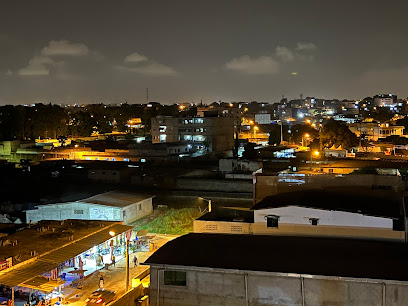
Le palenque
Experience the vibrant Ivorian culture at Le Palenque in Abidjan, a lively hub offering music, cuisine, and unforgettable cultural immersion.

Essential places to dine
OBV RESTAURANT
Discover the vibrant tastes of Abidjan at OBV Restaurant – where local flavors meet warm hospitality in Yopougon.
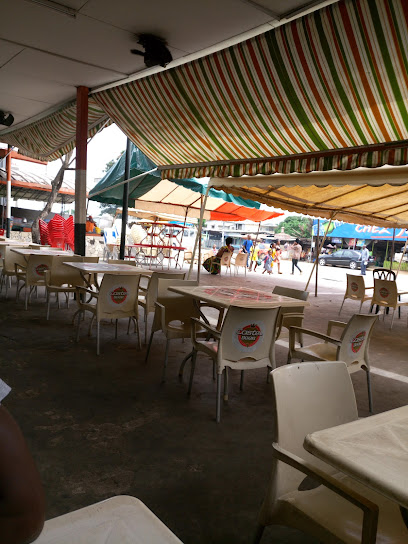
Restaurant Le Montana Yop
Discover authentic Ivorian cuisine in the heart of Abidjan at Restaurant Le Montana Yop – where flavor meets vibrant culture.
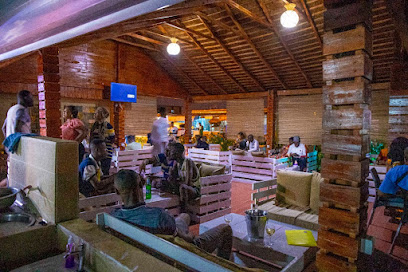
Texas GrillZ Yopougon
Discover authentic barbecue at Texas GrillZ Yopougon – where rich Ivorian flavors meet a lively dining experience.
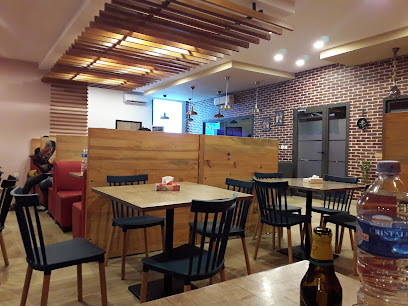
Jardin, Restaurant Lounge
Discover the vibrant flavors of Abidjan at Jardin, Restaurant Lounge – where culinary delight meets warm hospitality.
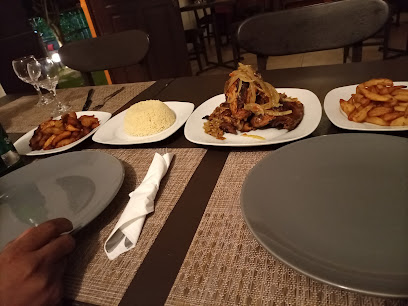
Restaurant LE DELICE
Experience the vibrant flavors of Ivorian cuisine at Restaurant LE DELICE in Yopougon - a culinary gem in Abidjan.
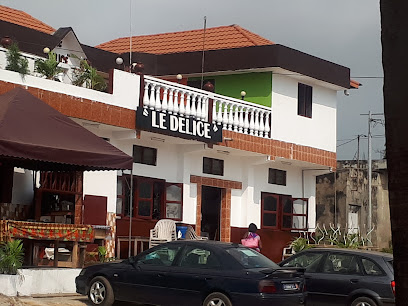
Maquis Restaurant Le Palais
Experience authentic Ivorian cuisine at Maquis Restaurant Le Palais in Yopougon, where vibrant flavors meet warm hospitality.
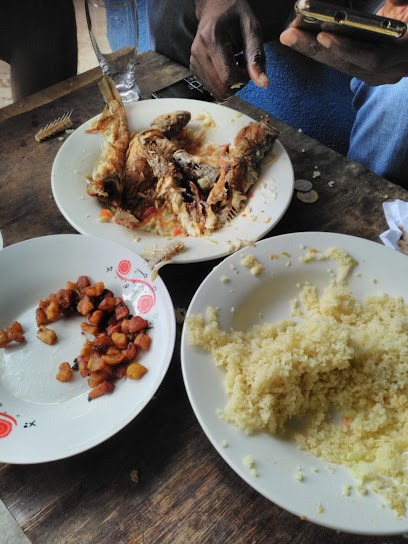
CHEZ DJIBERPOL/ Restaurant à Abidjan
Discover the vibrant tastes of Côte d'Ivoire at Chez Djiberpol - where local cuisine meets delightful international flavors in Abidjan.
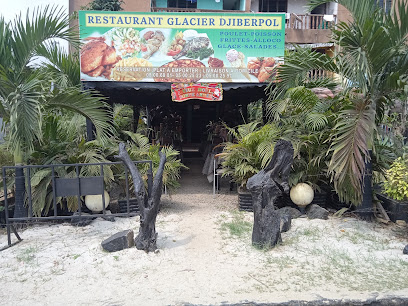
Restaurant Goûte ça
Discover authentic Ivorian cuisine at Restaurant Goûte ça in Yopougon - where flavor meets culture in every dish.

Resto Chic Chic
Experience the essence of Ivorian cuisine at Resto Chic Chic – where local flavors meet modern elegance in Abidjan's vibrant Yopougon district.
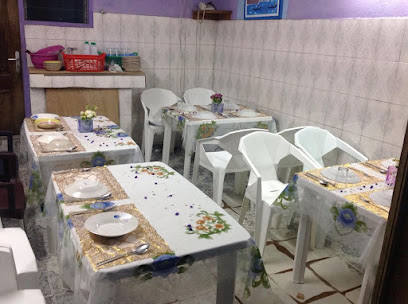
Chicko's Abidjan Yopougon
Experience authentic Ivorian cuisine at Chicko's in Yopougon—where every dish celebrates the rich culinary heritage of Côte d'Ivoire.

Markets, malls and hidden boutiques
Easy Shop Côte d'Ivoire
Explore Easy Shop Côte d'Ivoire in Abidjan for an authentic boutique shopping experience, featuring local crafts and unique Ivorian products.

Yatoutci
Discover the vibrant artistry of Côte d'Ivoire at Yatoutci, a boutique in Abidjan showcasing unique local crafts and fashion.

Boutique BONZO
Explore the vibrant creativity of Ivory Coast at Boutique BONZO, where every item tells a story and reflects the heart of Abidjan's culture.

KAYL Boutique
Discover the essence of Ivorian fashion at KAYL Boutique in Yopougon, a vibrant clothing store blending tradition and modern style.
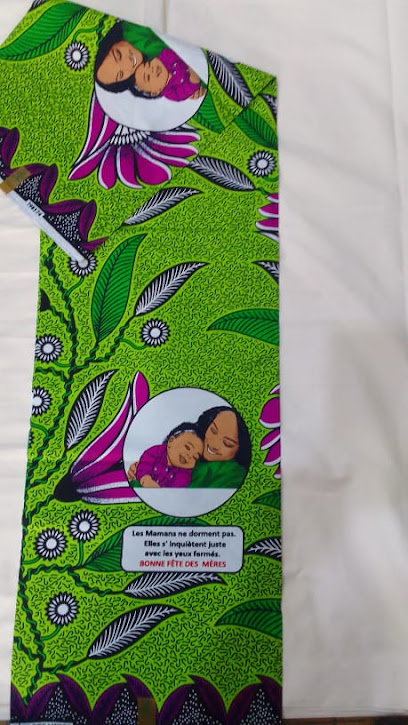
zulu-store
Explore Zulu Store in Yopougon for unique consignment treasures and immerse yourself in authentic Ivorian culture.

Boutique Litché
Discover the lively Boutique Litché in Abidjan's Yopougon district, where local culture meets diverse shopping and dining experiences.

Fatim Shop
Explore the vibrant world of fashion accessories at Fatim Shop in Yopougon, where local artistry meets contemporary style.

Boutique Bazar
Explore the vibrant fashion scene at Boutique Bazar in Yopougon, Abidjan, and discover unique styles that reflect local culture.

Erick boutique
Discover the vibrant world of magazines at Erick Boutique in Yopougon, Abidjan—your go-to destination for local and international publications.
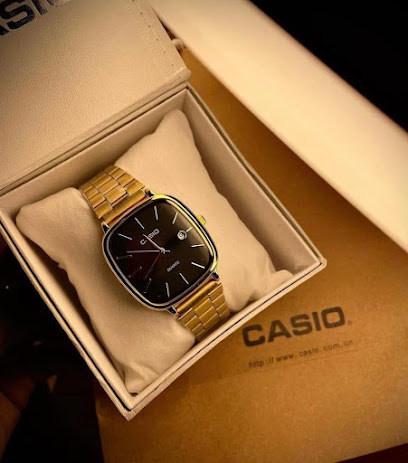
knc shop
Explore KNC Shop in Abidjan for unique fashion and souvenirs that capture the essence of Ivorian culture in the heart of Yopougon.
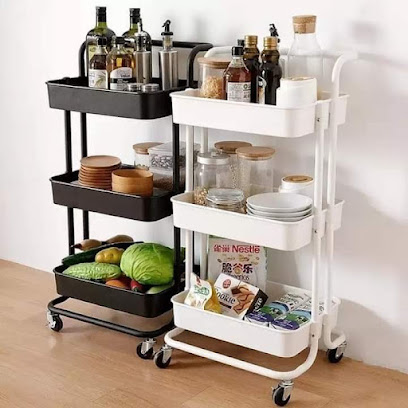
Essential bars & hidden hideouts
Tunnel bar
Experience the lively ambiance and unique underground charm of Tunnel Bar in Abidjan, a favorite among locals and tourists for memorable nights out.
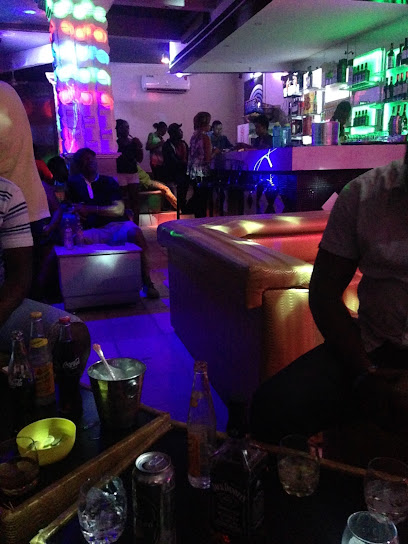
Selfie Bar
Discover the playful and vibrant atmosphere of Selfie Bar in Abidjan, where creativity meets nightlife for unforgettable moments.
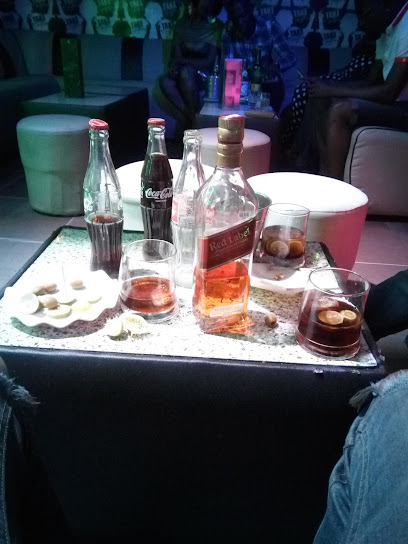
Le Live Yopougon
Discover the vibrant nightlife and local culture at Le Live Yopougon, a premier bar in the heart of Abidjan's Yopougon district.
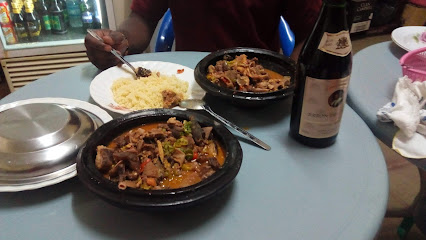
FACEBOOK BAR
Discover the lively nightlife at Facebook Bar in Abidjan, where refreshing drinks and vibrant local culture await you.
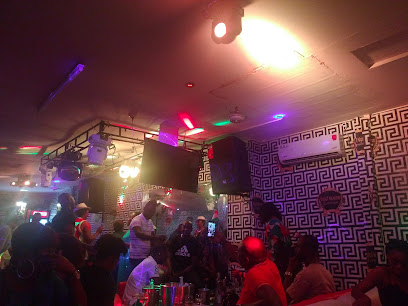
Fermé
Experience the vibrant nightlife at Fermé, a lively bar in Abidjan's Yopougon with great music and an energetic atmosphere.
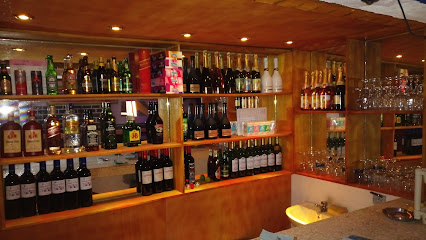
B unique
Discover the vibrant nightlife of Abidjan at B Unique, a lively bar in Yopougon offering a unique blend of cocktails and local atmosphere.
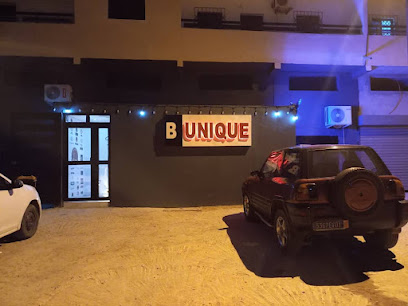
Autumn's BAR
Experience the vibrant nightlife of Abidjan at Autumn's BAR, where great music, friendly service, and an electric atmosphere await you.
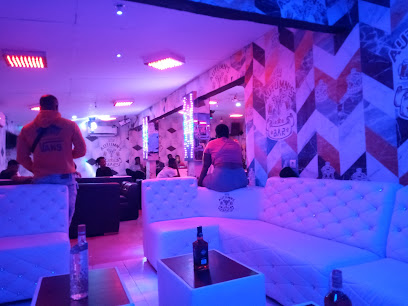
Cocktail House yopougon
Experience the vibrant nightlife of Abidjan at Cocktail House Yopougon, where expertly crafted cocktails meet a lively atmosphere.
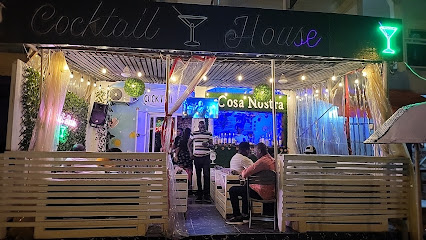
Cocktail House, yopougon
Experience the vibrant nightlife of Abidjan at Cocktail House, where every sip tells a story and the ambiance is electric.
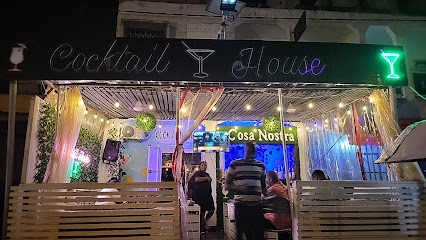
AfterWork
Experience the vibrant nightlife of Abidjan at AfterWork, a trendy bar in Yopougon offering a diverse drink selection and live music.
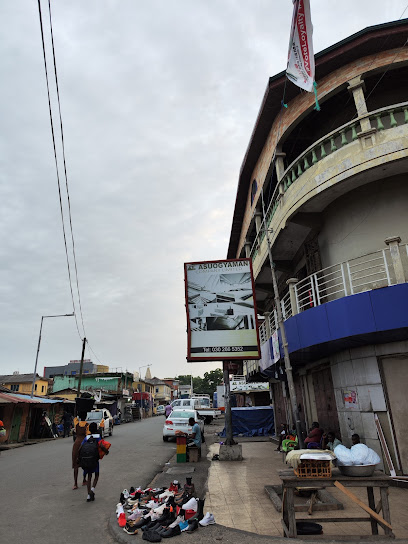
Local Phrases
-
- HelloSalut
[sa-LOO] - GoodbyeÀ Dieu
[ah DYOO] - YesOui
[wee] - NoNon
[nawn] - Please/You're welcomeS'il vous plaît
[see voo PLEH] - Thank youMerci
[mehr-SEE] - Excuse me/SorryPardon
[par-DOWN] - How are you?Comment ça va?
[koh-mahn sah vah] - Fine. And you?Bien. Et toi?
[byen. ay twah] - Do you speak English?Parlez-vous anglais?
[par-lay VOOZ ahn-GLAY] - I don't understandJe ne comprends pas
[zhuh nuh kohm-prahnd pah]
- HelloSalut
-
- I'd like to see the menu, pleaseJe voudrais voir le menu, s'il vous plaît
[zhuh voo-DRAY vwahruh luh muh-NOO, see voo PLEH] - I don't eat meatJe ne mange pas de viande
[zhuh nuh mahnj pah duh vee-AHND] - Cheers!Santé!
[sahn-TAY] - I would like to pay, pleaseJe voudrais payer, s'il vous plaît
[zhuh voo-DRAY pay-YAY, see voo PLEH]
- I'd like to see the menu, pleaseJe voudrais voir le menu, s'il vous plaît
-
- Help!Au secours!
[oh suh-KOOR] - Go away!Allez-vous en!
[ah-lay VOOZ ahn] - Call the Police!Appelez la police!
[ah-peh-LAY lah poh-LEES] - Call a doctor!Appelez un médecin!
[ah-peh-LAY uh meh-day-SAN] - I'm lostJe suis perdu
[zhuh swee pehr-DUU] - I'm illJe suis malade
[zhuh swee mah-LAHD]
- Help!Au secours!
-
- I'd like to buy...Je voudrais acheter...
[zhuh voo-DRAY zah-SHAY] - I'm just lookingJe regarde juste
[zhuh ruh-GAHRD jwust] - How much is it?Combien ça coûte?
[kohm-BYAN sah KOOHT] - That's too expensiveC'est trop cher
[say troh shair] - Can you lower the price?Pouvez-vous baisser le prix?
[poo-vay VOO bay-SAY luh pree]
- I'd like to buy...Je voudrais acheter...
-
- What time is it?Quelle heure est-il?
[kell uhr eh-TEEL] - It's one o'clockIl est une heure
[eel eh oon uhr] - Half past (10)Dix heures et demie
[dees uhr ay duh-MY] - MorningMatin
[mah-TAN] - AfternoonAprès-midi
[ah-PRAY mee-dee] - EveningSoir
[swahr] - YesterdayHier
[yehr] - TodayAujourd'hui
[oh-zhoor-DWEE] - TomorrowDemain
[duh-MAN] - 1Un
[uhn] - 2Deux
[duh] - 3Trois
[twah] - 4Quatre
[KAH-truh] - 5Cinq
[sank] - 6Six
[seess] - 7Sept
[sept] - 8Huit
[weet] - 9Neuf
[nuff] - 10Dix
[dees]
- What time is it?Quelle heure est-il?
-
- Where's a/the...?Où se trouve...?
[oo suh truhv] - What's the address?Quelle est l'adresse?
[kell eh la-DRESS] - Can you show me (on the map)?Pouvez-vous me montrer (sur la carte)?
[poo-vay VOO muh mohn-TRAY (soor lah kart)] - When's the next (bus)?Quand est le prochain (bus)?
[kahn eh luh pro-SHAN (boos)] - A ticket (to ....)Un billet (pour ....)
[uhn bee-YAY (poor)]
- Where's a/the...?Où se trouve...?
History of Yopougon
-
Yopougon, one of the most vibrant neighborhoods in Abidjan, has its origins traced back to the 1950s when it began as a suburban area. Originally a forested region populated by the Akan ethnic group, it grew rapidly with the influx of people from various regions of Côte d'Ivoire, drawn by the economic opportunities in Abidjan. Its development is closely linked to the urbanization trends experienced in the country during this period.
-
Yopougon is renowned for its rich cultural tapestry, reflecting the diverse ethnic groups that inhabit the area. The neighborhood is particularly famous for its vibrant music scene, especially zouglou and coupé-décalé, which have their roots in Yopougon. Music and dance are integral to community life here, often celebrated during local festivals and gatherings, showcasing the Ivorian spirit and creativity.
-
The civil unrest in Côte d'Ivoire during the 1990s left a significant mark on Yopougon. As a politically active neighborhood, it became a focal point for protests and demonstrations. The discontent within the populace often manifested in Yopougon, leading to heightened tensions and clashes with authorities. These events have shaped the identity of Yopougon, marking it as a space of resistance and resilience.
-
In the late 20th and early 21st centuries, Yopougon emerged as a major commercial center in Abidjan. The neighborhood is filled with bustling markets, shops, and eateries, reflecting the entrepreneurial spirit of its residents. This economic vitality has attracted both local and international businesses, making Yopougon an essential part of Abidjan's economy and a lively destination for visitors seeking authentic Ivorian experiences.
-
As Abidjan continues to grow, Yopougon faces urban challenges typical of rapidly expanding cities, including infrastructure deficits and informal settlements. However, recent governmental and non-governmental efforts aim to improve living conditions through urban planning initiatives, focusing on better housing, sanitation, and public services. These developments are crucial for maintaining Yopougon's vibrant community and cultural heritage.
Yopougon Essentials
-
Yopougon is easily accessible from other neighborhoods in Abidjan. You can take a taxi or use the local ‘gbaka’ (minibus) service, which is a popular and cost-effective option for getting around the city. If you are coming from the Plateau area, the journey typically takes about 20-30 minutes by taxi, depending on traffic. The nearest major bus terminal is located in the Adjame district, where you can catch buses heading towards Yopougon.
-
Within Yopougon, public transport options include taxis, ‘gbakas’, and motorcycles (known as ‘zemidjans’). The ‘gbakas’ operate on various routes and are a common way to navigate the area. For a more local experience, consider renting a bicycle to explore the neighborhoods at your own pace. Walking is also a viable option, especially in the more residential parts of Yopougon.
-
While Yopougon is generally safe during the day, certain areas can be prone to petty crime, particularly at night. Areas like the lively markets and some remote streets should be approached with caution after dark. It’s advisable to avoid displaying valuables and to stay vigilant in crowded areas. Always opt for registered taxis rather than accepting rides from unlicensed drivers.
-
In case of an emergency, dial 112 for police assistance or 119 for fire services. Local hospitals and clinics are available, but it is advisable to have travel insurance that covers medical emergencies. For minor health issues, look for nearby pharmacies, which are common in Yopougon.
-
Fashion: Do dress modestly to respect local customs, particularly in more conservative areas. Avoid overly revealing clothing. Religion: Do be respectful of local customs and traditions; if visiting a place of worship, dress appropriately. Public Transport: Do offer your seat to elders and be polite. Don’t play loud music or engage in disruptive behavior. Greetings: Do greet locals with a handshake and a smile. Eating & Drinking: Do try local street food and beverages, but ensure they are prepared in hygienic conditions. Don’t refuse food offered to you, as it may be considered impolite.
-
To experience Yopougon like a local, visit the bustling markets such as the Yopougon Market, where you can find fresh produce, handmade crafts, and local delicacies. Engage with vendors and don’t hesitate to ask for recommendations. Explore local restaurants that serve traditional Ivorian dishes like attiéké and grilled fish. Participate in local festivities when available, as they offer a great insight into the culture and community spirit.
Nearby Cities to Yopougon
-
Things To Do in Yamoussoukro
-
Things To Do in Sassandra
-
Things To Do in Takoradi
-
Things To Do in Sekondi-Takoradi
-
Things To Do in San-Pédro
-
Things To Do in Sunyani
-
Things To Do in Kumasi
-
Things To Do in Daloa
-
Things To Do in Cape Coast
-
Things To Do in Koforidua
-
Things To Do in Accra
-
Things To Do in Ho
-
Things To Do in Kpalimé
-
Things To Do in Wa
-
Things To Do in Sanniquellie



